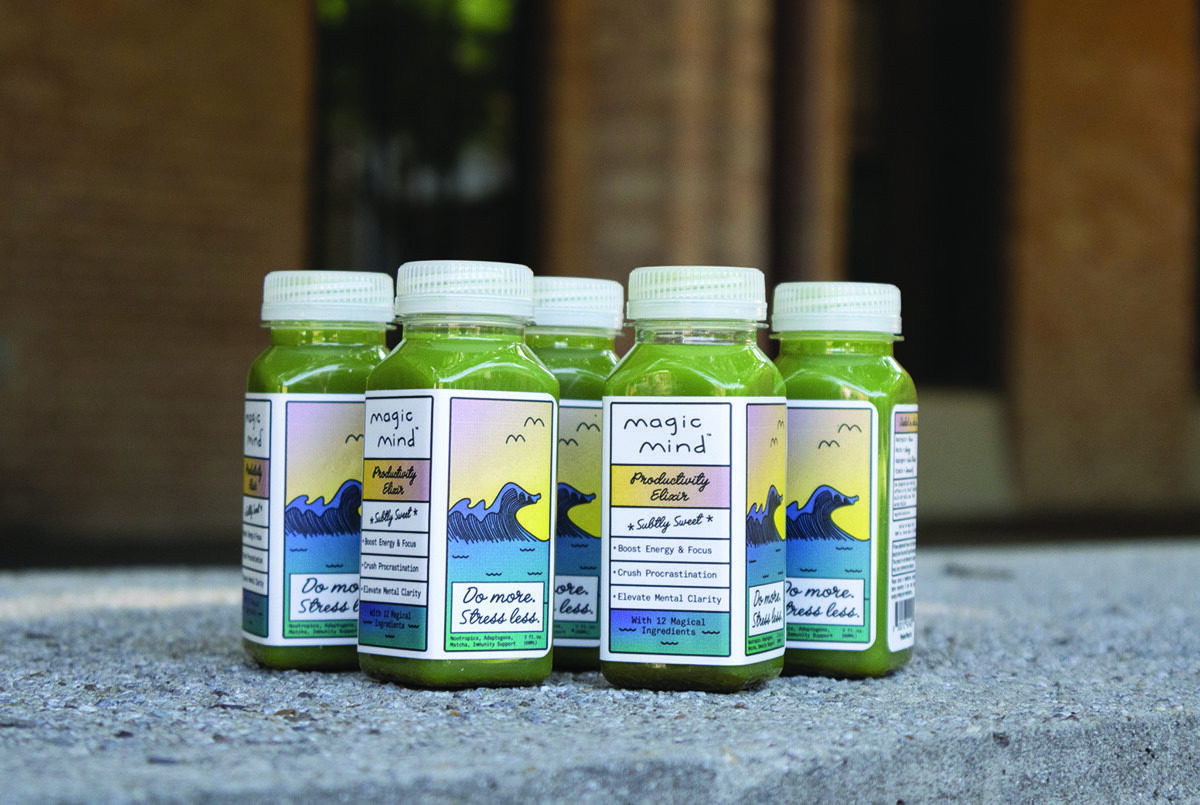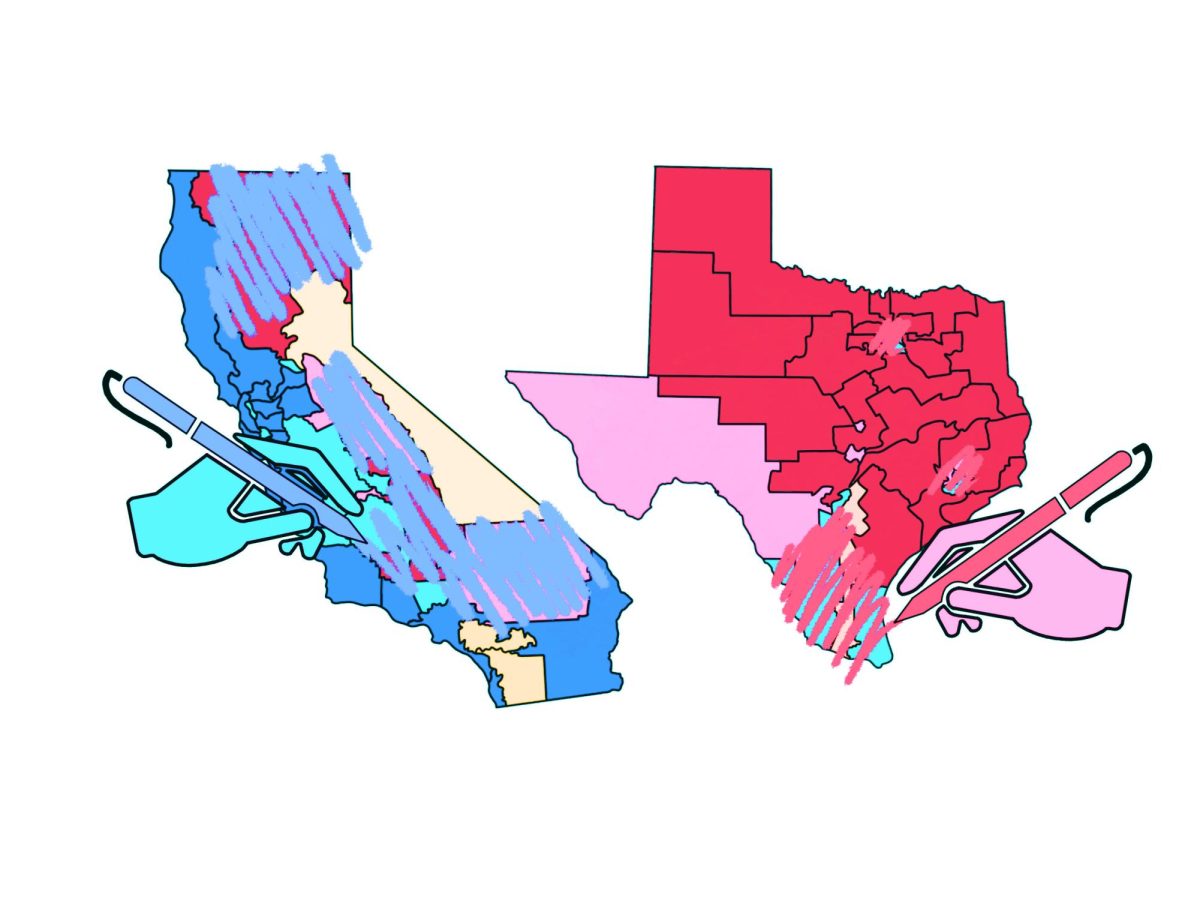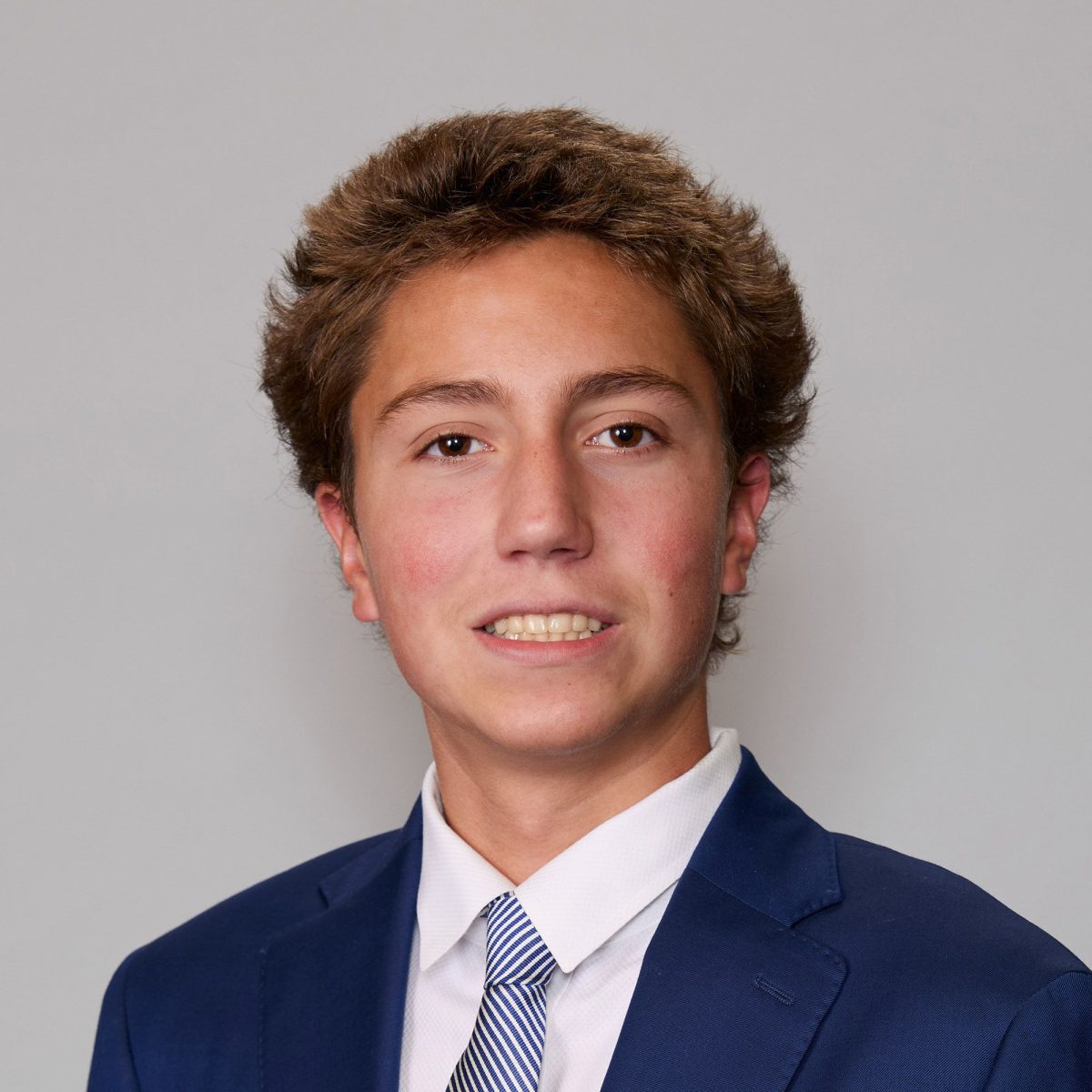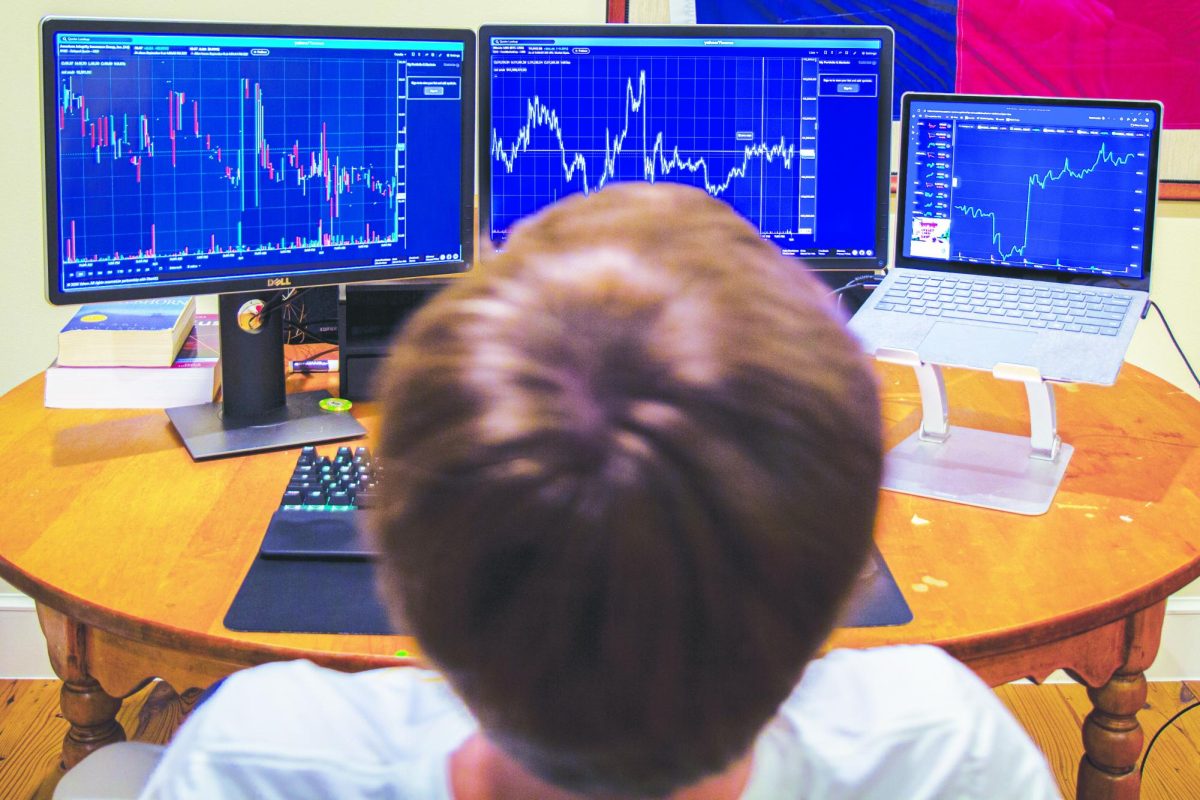When William Hicks’ ‘10 childhood friend, James Beshara, got sent to the ER, his whole life turned upside down. Beshara suffered a caffeine overload, causing his heart to beat well above the normal resting rate. As he was confined to his hospital bed, he realized that drinking more coffee would only put his life in more danger.
In an attempt to help his friend find an alternative source for mental stimulation, Hicks traveled across the country to California. There, the duo spent years concocting the world’s first mental performance shot, experimenting with different herbs and chemical mixtures. That small start-up company, now known as Magic Mind, has earned millions in revenue.
The colorful bottle contains two fluid ounces of the green formula and aims to crush major productivity inhibitors that plague daily life by boosting brain clarity and focus.
“Magic Mind helps elevate your mental performance by sharpening your mind with our nootropics, which decrease your stress and cortisol levels and your adaptogens to give you calm, sustainable energy through half a cup of coffee’s worth of caffeine from matcha,” Hicks said. “It’s not a coffee replacement. It’s a tool you can use to get the most out of your brain and body.”
Hicks’ journey to becoming the CEO of Magic Mind began as soon as he graduated from Princeton as a political economics major, as he would hone his numerical analysis proficiency and join Barclays investment-banking division in New York. However, he discovered that the job didn’t suit his long-term aspirations.
“I learned a lot of quantitative skills, but I wasn’t really having any measurable effect on the success of my group, let alone the company,” Hicks said. “I would sometimes spend 100 hours a week working, and I realized it was a relationship business. It was really discouraging to see all the blood, sweat and tears go into it and not really yield measurable output. But I’ve always had a penchant for management, leadership and entrepreneurship.”
Still, even after he left Barclays and worked as the Chief Operating Officer (COO) at Brami Snacks for five years, he still felt like he was missing something. So when he moved from New York to Los Angeles during the COVID-19 pandemic and learned that Beshara had launched Magic Mind in the area, Hicks promptly began supervising him and became the first full-time hire.
For three years now, Hicks and Beshara used their combined expertise to move the company forward. The duo scaled up Magic Mind to double-digit employee numbers and is looking to expand exponentially. Already, the company has garnered unsponsored celebrity endorsement, launched in retail and advertised internationally. Hicks doesn’t see their momentum stopping anytime soon.
“It’s been a phenomenal journey,” Hicks said, “And the company really exists with the mission to elevate mental wealth, which is a concept we’ve been pushing on to the world — to reconsider mental health away from a conception that’s only followed by the word ‘crisis’ to one that’s actually something you invest in on a daily basis, like your physical health or your financial wealth.”
In addition to Magic Mind’s influence worldwide, it maintains a strong link to a charitable purpose, one that Hicks believes is the core component of the business.
“We donate 5 cents from every bottle sold to a charity supporting mental well-being, typically for at-risk populations,” Hicks said. “When we were in San Francisco and Los Angeles, we were supporting charities in those areas. As I moved back to Dallas this year, we realized we had donated $150,000, and I was able to advocate to send $50,000 of that to a charity of my choice here in Dallas, and it was a natural choice to choose Austin Street Center, where I’d done so much work at St. Mark’s during my time there.”
As for Hicks’s love for the adventure of being a pillar in helping Magic Mind reach new heights, he believes these dreams of entrepreneurial success originate from his time as a student at the school.
“St. Mark’s had such an unbelievable impact on me,” Hicks said. “I held all my first leadership positions at St. Mark’s, and I feel like I learned more during high school than anywhere else. You don’t have to do high-level calculus when you’re running a business; you have to do quick arithmetic and have a keen sense for numbers, intuitively. That was all developed at St. Mark’s.”
As time passes and society undergoes significant changes, Hicks feels that future generations will eventually need to embrace a sense of entrepreneurship, especially since technological advancements will likely lead to more opportunities for creative innovation and self-driven fulfillment.
“Just getting started is the key thing,” Hicks said. “A lot of people think about it and get in the trap of studying to be an entrepreneur in order to procrastinate being one, rather than just doing it. Find something that you’re passionate about and interested in and maybe one day you wake up and decide to give it a shot.”







